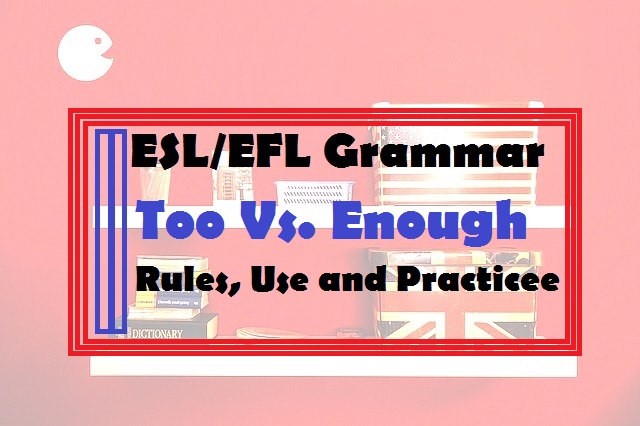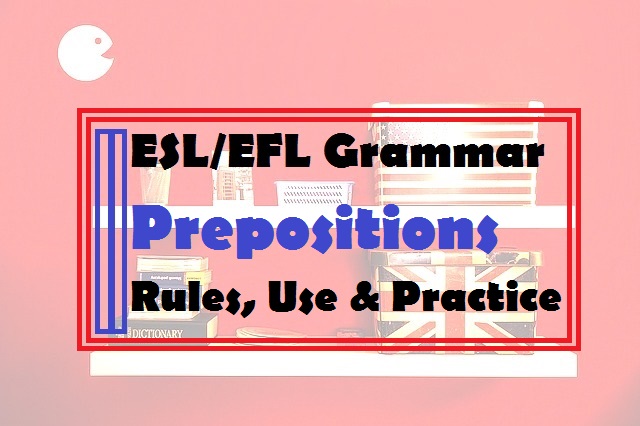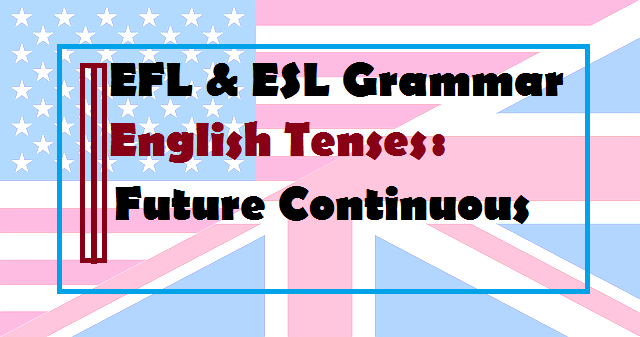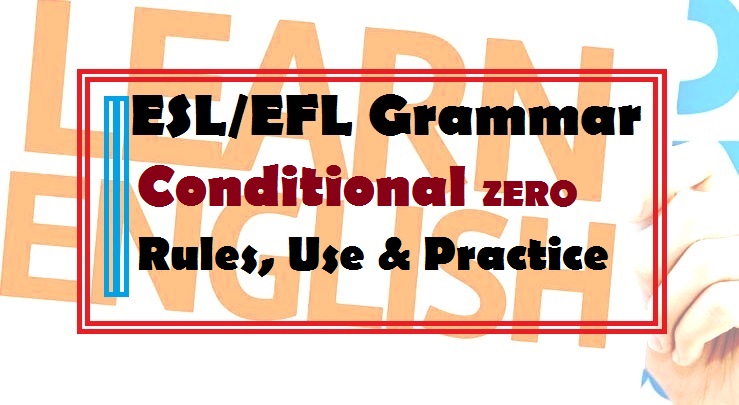The use of comparative adjectives in English (EFL/ESL Grammar: Rules, use and practice)
Comparative adjectives are adjectives that can be used to show differences between two objects. (smaller, bigger, faster, and slower). They can be used in sentences where two things are compared. They usually take the following form:
Noun (subject) + verb + comparative adjective + than + noun (object)
Examples:
- My car is bigger than yours.
- I’m shorter than Bob.
- She is smarter than him.
Superlative adjectives are adjectives that can be used to show the diiference between more than two people, things or objects. They usually take the following form:
Noun (subject) + verb + superlative adjective
Examples:
- He is the tallest man in the family.
- She is the smartest girl in the classroom.
- Bob has the smallest school bag.
Rules to form the comparative and superlative adjectives.
In order to form the comparative and superlative adjectives, one needs to know how many syllables in the adjectives. (One syllable = one vowel) for example: big has one vowel and one syllable, pencil has two vowels and two syllables.
- Adjectives that have one syllable and ends with a silent “e”. Ex: fine.
- Comparative – put at the end “r” – finer
- Superlative – put at the end“st” – finest
- Adjectives that have one syllable and ends with one vowel and one consonant. Ex: big.
- Comparative – we double the consonant and put at the end “er” – bigger
- Superlative – we double the consonant and put at the end “est” – biggest.
- Adjectives that have one syllable and ends with more than one consonant and more than one vowel such as: (long, tall, small, cheap, soft).
- Comparative – put at the end “er” – longer, taller, smaller, softer, and cheaper
- Superlative – put at the end “est” – longest, tallest, smallest, softest, and cheapest.
- Adjectives with two syllables and end with “y” Ex: busy.
- Comparative – we change “y” with “i” and put “er” at the end – busier.
- Superlative – we change “y” with “i” and put “est” at the end – busiest.
- Some adjectives in English might not be compatible with the rule above. Ex: intelligent.
- Comparative – more + adjective + than – more intelligent than
- Superlative – the most + adjective – the most intelligent.
Examples:
- Sky scrapers in the USA are taller than the ones in france.
- Africa is more beautiful than
- Everest is the highest mountain in the whole world.
- This is one of the most amazing actvitives I have ever done.
- Najat’s hair is longer than mine.
- Your house is bigger than ours.
Irregular comparative and superlative adjectives.
| Adjectives | Comparatives | Superlatives |
| Many | More | Most |
| Much | More | Most |
| Good | Better | Best |
| Far (distance | Farther | Farthest |
| Far (extent) | Further | Furthest |
| Bad | Worse | Worst |
| Less | Lesser | Least |
| Little (amount) | less | Least |
Take Quiz







